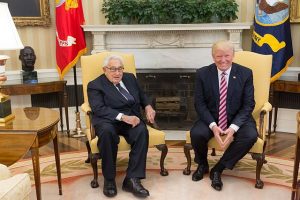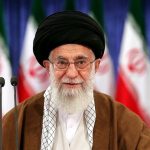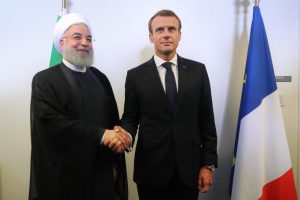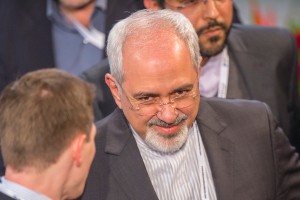The former ambassador and key Iranian nuclear negotiator, Seyed Hossein Mousavian, writes:
The United States and Iran should aim for the kind of sustained and comprehensive talks that have not been seen for the last three decades. It would be prudent for Washington and Tehran to engage in direct talks, at the expert level, prior to the U.S. presidential election in November and the subsequent Iranian presidential election in June 2013. This would allow both sides to prepare the groundwork and strategy for the postelection era. Historic precedent indicates that following their respective presidential elections, both capitals have attempted rapprochement, yet failed in their efforts since there was no prior preparation or coordination.
In response to the far-reaching overtures Iran has made, Washington must put far-reaching proposals of its own on the table. The United States must be ready to recognize Iran’s right to civil nuclear power, including peaceful enrichment, in return for assurances that Iran would remain a non-nuclear state forever. Furthermore, the United States should begin practical cooperation on areas of common interest such as Afghanistan. Issues that matter to both countries should not be held hostage to tensions over Iran’s nuclear program.
If the United States makes the right offer, it is possible to strike a deal that ensures Iran would remain free of nuclear weapons forever. However, Netanyahu continues to assert that Iran is determined to acquire a nuclear weapon and that the diplomatic track has failed. Such allegations are aimed at forcing the international community to decide whether to “bomb Iran” or live with an “Iranian bomb.”—in this formulation, the only options are war or containment and deterrence. Both are terrible choices for the United States and the West.




